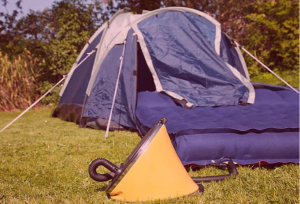News Center+ 查看更多
News Center
+ 查看更多
Find Your Perfect Camping Bed Material: Cotton, Nylon, or PVC?+ 查看更多
Find Your Perfect Camping Bed Material: Cotton, Nylon, or PVC?
+ 查看更多
Date:2023-05-11
Camping is a great way to get away from the hustle and bustle of daily life and enjoy nature.
However, when it comes to sleeping arrangements, many people struggle with finding the perfect camping bed material.
In this article, we will compare the three most popular materials for camping beds: cotton, nylon, and PVC.
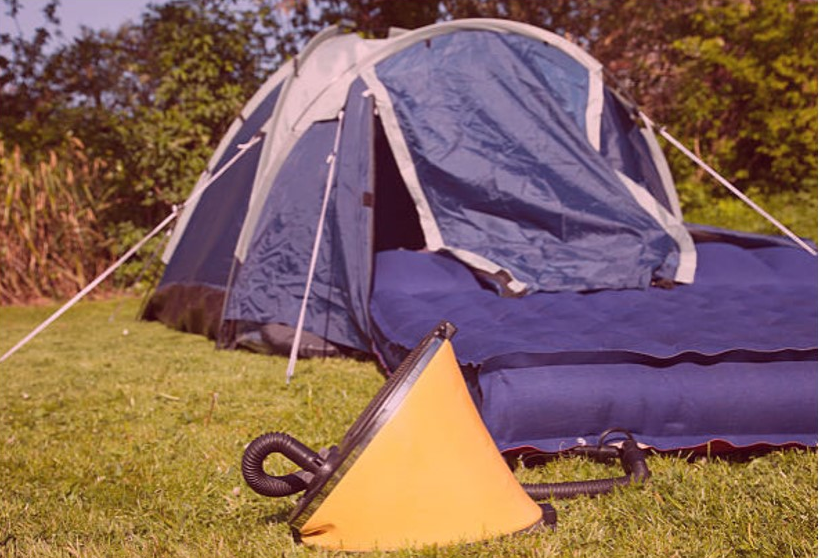
Cotton
Cotton is a natural material that has been used for centuries in clothing and bedding.
It is soft, comfortable, and breathable, making it an excellent choice for camping beds. Cotton camping beds are usually made of a canvas material that is waterproofed to protect against moisture.
Pros
- Soft and comfortable
- Breathable
- Durable
- Environmentally friendly
Cons
- Heavy and bulky
- Takes longer to dry than synthetic materials
- Can shrink if not properly cared for
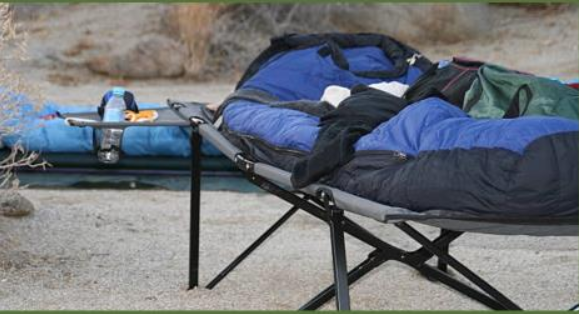
Who is it suitable for?
Cotton camping beds are suitable for people who prioritize comfort over portability. They are ideal for car camping, where weight and size are not an issue.
Cotton camping beds are also a great option for those who prefer natural materials and want to avoid synthetic materials.
Recommendation
If you are looking for a comfortable and environmentally-friendly camping bed and don't mind the weight and bulkiness, then a cotton camping bed is a great option. Just make sure to properly care for it to prevent shrinking and prolong its lifespan.
Nylon
Nylon is a synthetic material that is lightweight, strong, and durable. It is commonly used in outdoor gear, including camping beds.
Nylon camping beds are usually made of a ripstop material that is resistant to tears and abrasions.
Pros
- Lightweight and compact
- Quick-drying
- Resistant to tears and abrasions
- Easy to clean
Cons
- Not as comfortable as cotton
- Not as breathable
- Can be noisy
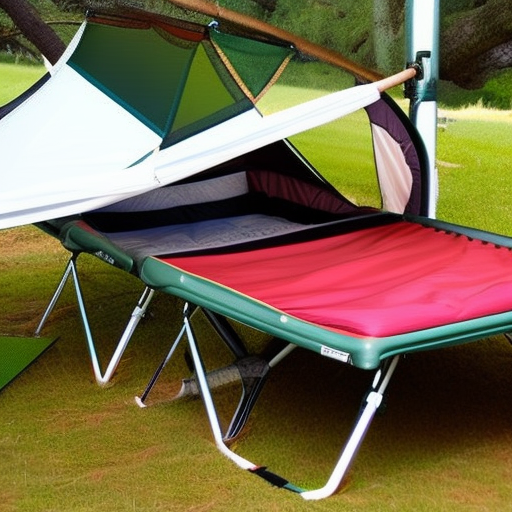
Who is it suitable for?
Nylon camping beds are suitable for people who prioritize portability and durability over comfort.
They are ideal for backpacking and other activities where weight and size are important factors.
Nylon camping beds are also a good option for those who want easy-to-clean gear that can withstand harsh conditions.
Recommendation
If you are looking for a lightweight and durable camping bed that is easy to clean and can withstand harsh conditions, then a nylon camping bed is a great option. Just keep in mind that it may not be as comfortable as a cotton camping bed.
PVC
PVC (polyvinyl chloride) is a synthetic material that is commonly used in inflatable camping beds. It is waterproof and resistant to punctures and abrasions.
Pros
- Waterproof
- Resistant to punctures and abrasions
- Easy to inflate and deflate
- Not as comfortable as cotton or nylon
- Not breathable
- Can be noisy
- Environmentally unfriendly
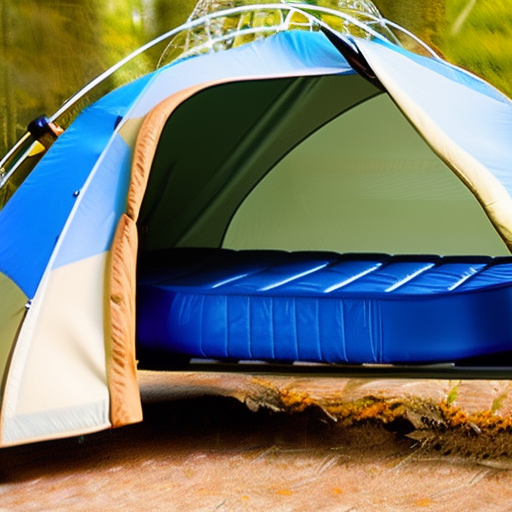
Who is it suitable for?
PVC camping beds are suitable for people who prioritize convenience and durability over comfort and environmental impact. They are ideal for car camping and other activities where weight is not an issue. PVC camping beds are also a good option for those who want an easy-to-inflate bed that can withstand harsh conditions.
Recommendation
If you are looking for a convenient and durable camping bed that is easy to inflate and deflate and can withstand harsh conditions, then a PVC camping bed is a good option. However, keep in mind that it may not be as comfortable as cotton or nylon camping beds and is not environmentally friendly.
Conclusion
When it comes to choosing the perfect camping bed material, it ultimately comes down to personal preference and priorities.
If you prioritize comfort and environmental impact, then a cotton camping bed may be the best choice for you. If you prioritize portability and durability, then a nylon camping bed may be the way to go. And if you prioritize convenience and durability over comfort and environmental impact, then a PVC camping bed may be the best option for you.
Consider your needs and priorities carefully before making a decision, and choose the material that best fits your camping style and preferences.

